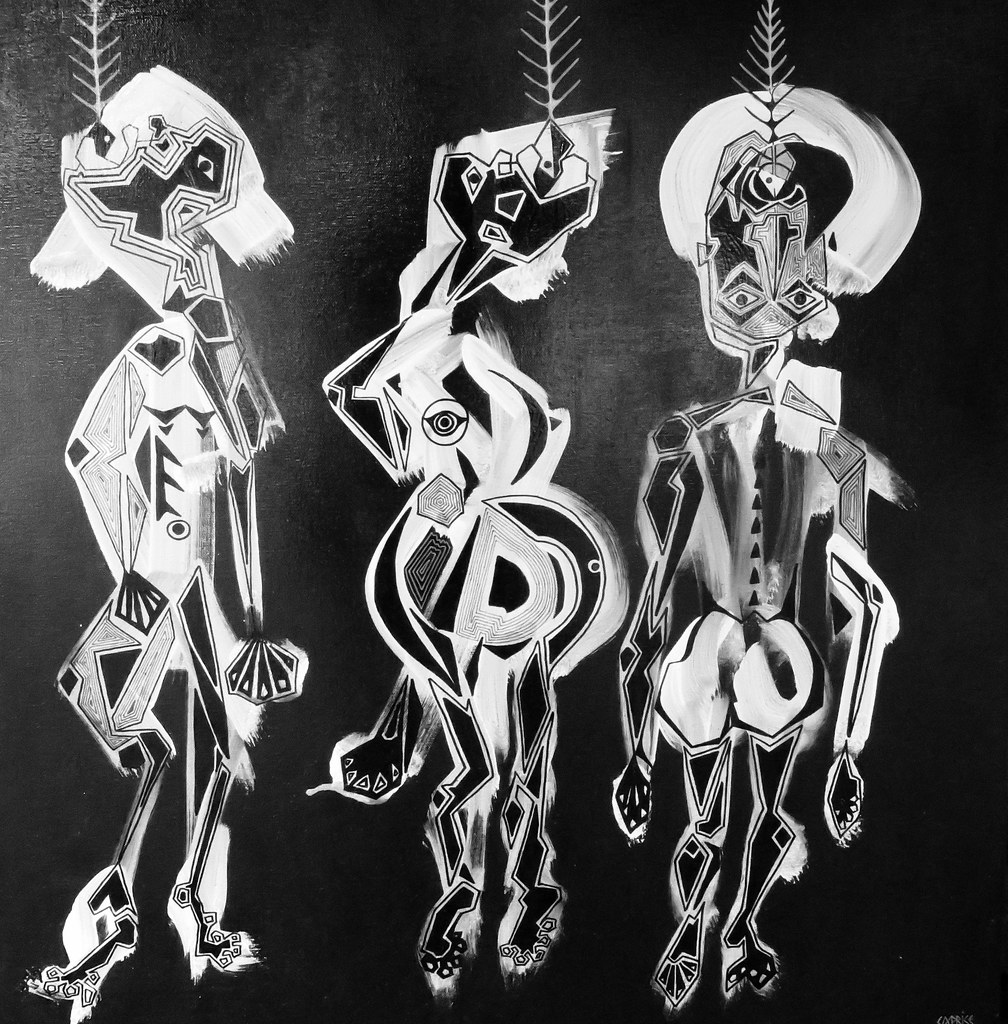“But all our phrasing — race relations, racial chasm, racial justice, racial profiling, white privilege, even white supremacy — serves to obscure that racism is a visceral experience, that it dislodges brains, blocks airways, rips muscle, extracts organs, cracks bones, breaks teeth.” —Ta-Nahesi Coates, Between the World and Me
I often get asked if I am the first person in my family to pursue medicine. I immediately wonder if this is a common occurrence for all first-years or if it is a question reserved just for me. In a class of 138 with only three other African-American students, I think the answer to that question is obvious. Still, my programmed response is always a smile as I reply that I am in fact the first. Every time I reflect on the awkwardness of that question and others like it, I am overwhelmed with frustration at missed opportunities to explain the seemingly inexplicable. I want to understand why in 2020 there is no one available for me to empathize with within a profession grounded in empathy. Instead, I continue to grapple with the lack of an answer to that question and all the other questions that medicine itself often leaves unanswered for those who look like me.
The lack of diversity has led me to struggle not only with the adaptations that the first year of medical school demands, but also the learning curve that accompanies determining how to navigate an isolating environment in this black body while still living as freely as I can. I cannot be certain, but I think the answer to how best to accomplish this goal lies in relinquishing responsibility. In a position such as mine, it often feels like an obligation to repeatedly explain what it is like to continuously occupy white spaces as someone who is not white. I have come to realize that any explanation I can offer is often futile because I should never be summoned to speak for a diaspora. More importantly, I have realized that the rationale behind the blaring racial disparities in both medicine and medical school alike is not a problem for me to solve. It has taken the entire course of my first year to internalize this realization and give myself permission to abstain from these perceived responsibilities. Given that black doctors represent only 4% of practicing American physicians, advice on the very visceral experience of attending medical school as a young black student was not readily available to me. With that being said, I offer this advice to future African-American white coat recipients:
I urge you to get comfortable with isolation. Gone are the days of anonymity. I say this because although you feel alone now, the temporary isolation will always be worth enduring for the future patients you will spare from it. I hope you learn quickly that you owe no one an explanation of your existence. Your experiences, thoughts, and emotions are first and foremost your own and they deserve to be protected. Finally, above all, I hope that as you learn to love medicine in an environment that often fails to acknowledge you, you remember that the body you study is your own and deserves the reverence that you have chosen to give all others.
Image credit: Caprice by tshaolin971 is licensed under CC BY-NC-SA 2.0.

